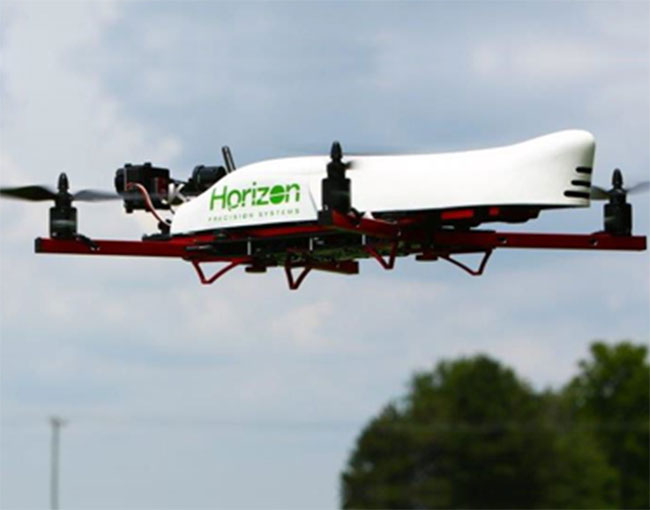If high-end properties could talk, they might say something like Norma Desmond said in the Hollywood classic, “Sunset Boulevard”: "All right, Mr. DeMille, I'm ready for my close-up.” Thanks to drone technology, residential real estate is indeed ready for a close-up — a drone close-up.
More and more real estate marketing professionals are utilizing drones to capture dramatic footage of properties listed for sale. In the pre-drone days, brokers needed helicopters — and a big budget. Today, the real estate industry has figured out the obvious (as have a number of other industries so far), which is that drones can get better footage, with less noise, expense, aggravation, and safety risk than using a helicopter.
However, there is a not-so-little problem. That problem is that under current FAA rules, commercial use of drones, including as a tool to market real estate, is prohibited. The agency is under constant pressure from Congress, drone operators, and industries seeking to use drones to finalize new rules clarifying what can and what cannot be done, and with what kind of configurations. Indeed, within the real estate sector, the National Association of Realtors is in on the action, and has itself proposed rules to the FAA for the use of drones. However, for the time being, without a waiver, commercial use of drones is prohibited. (The FAA is indicating it expects to have final rules issued in 2016.)
The FAA, meanwhile, has fielded more than a thousand waiver applications for the use of drones, and as of this writing more than 600 have been granted. Have any real estate entities obtained waivers? Yes. Doug Trudeau, of Tierra Antigua Realty in Tucson, Arizona, was the first real estate professional to get a waiver from the FAA to create marketing videos for property listings. Trudeau began using a 1.7-pound drone in late 2013, but stopped when the FAA warned in June 2014 that a real estate agent using a drone to capture footage counts as commercial use, then (and currently) prohibited. So Mr. Trudeau contacted the FAA and began the process of applying for an exemption. In January of this year, the FAA granted his request, making him the first real estate professional to obtain an exemption specifically for real estate marketing.
When the FAA finally gets around to finalizing the rules for use of small commercial drones, it will be easier for entities proposing to utilize drones to get access to U.S. skies, provided of course that each of the requirements for weight, altitude, line of sight, and the like are followed. The new rules will be good news for property owners and realtors who want to use high-tech, high-definition footage to market properties to facilitate the process of buying and selling. Once the FAA commercial drone rules are made final, buyers and sellers and those representing them should have plenty of opportunities for a close-up.



